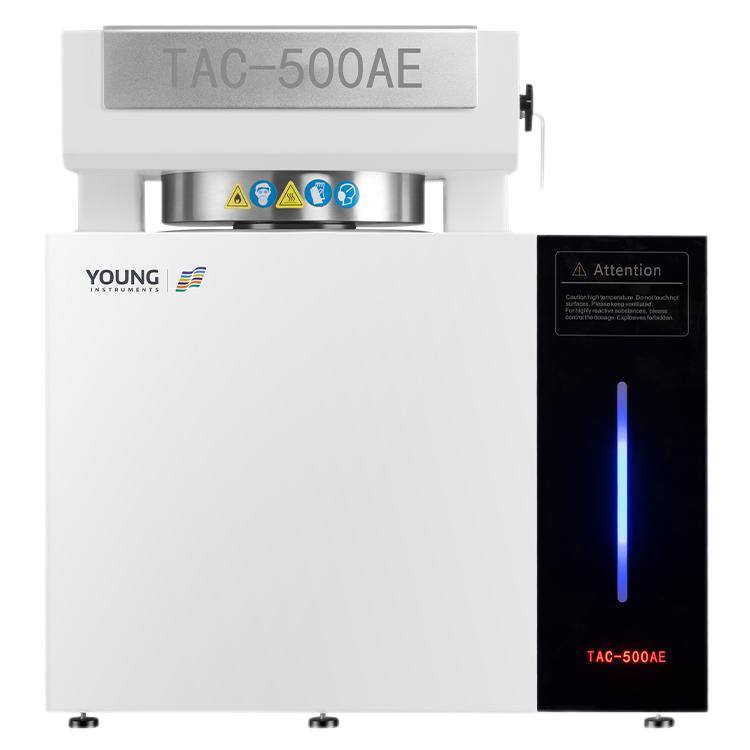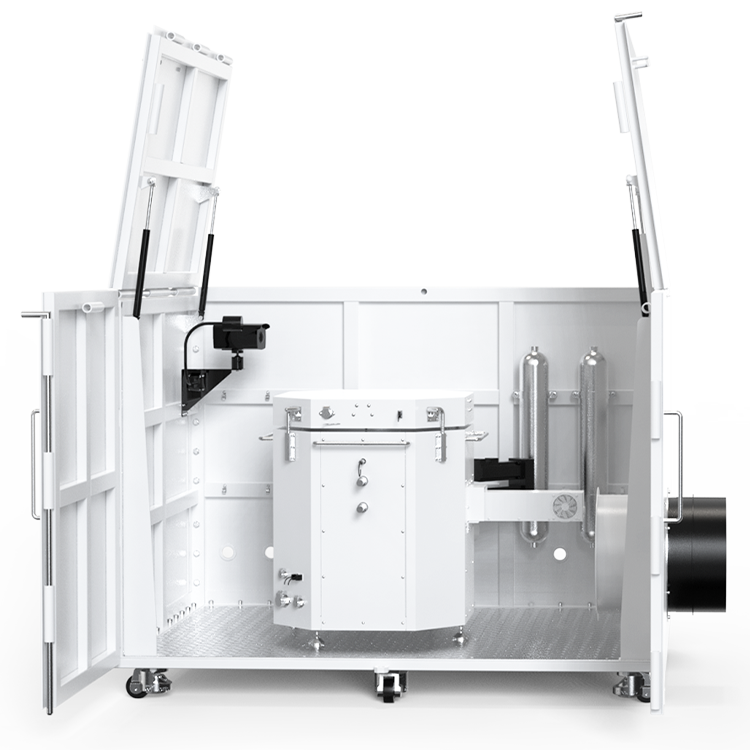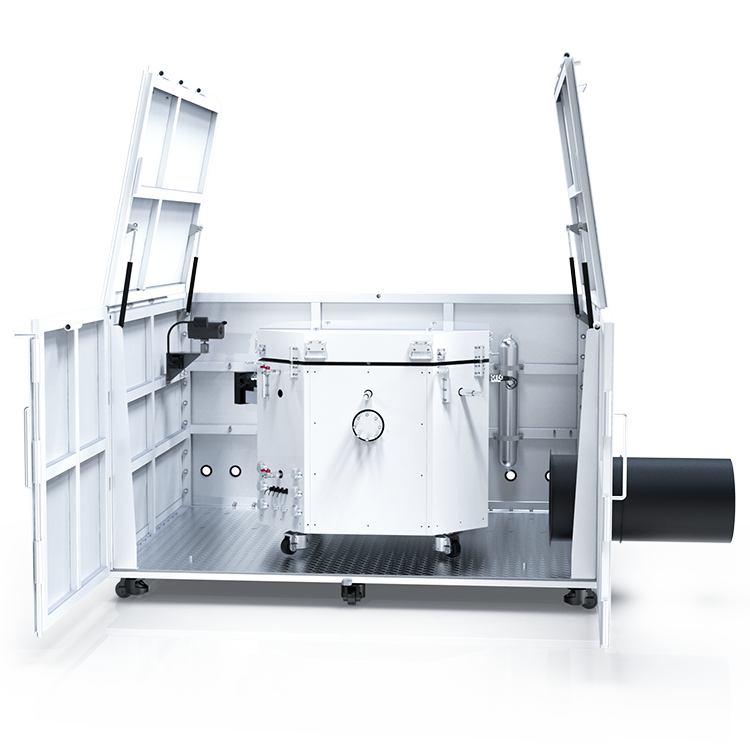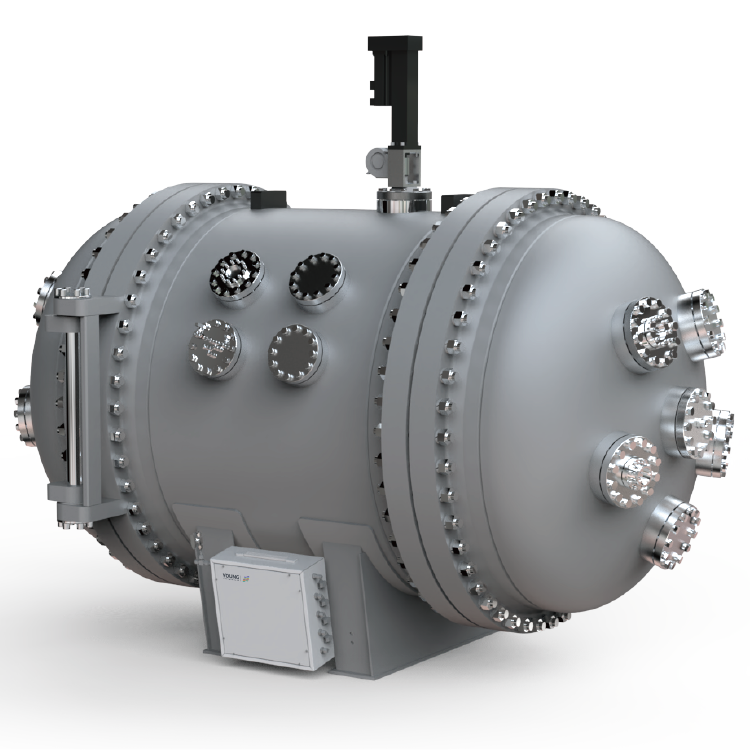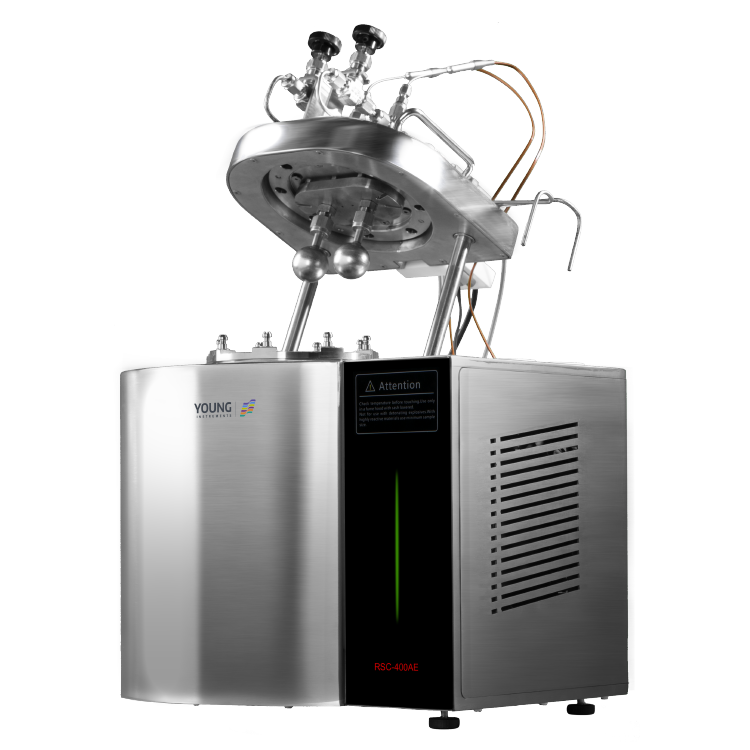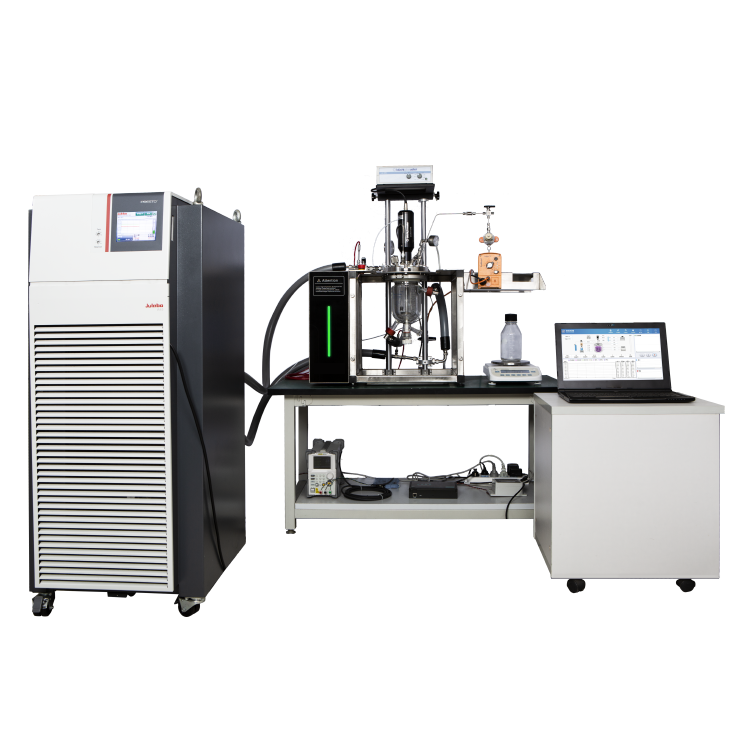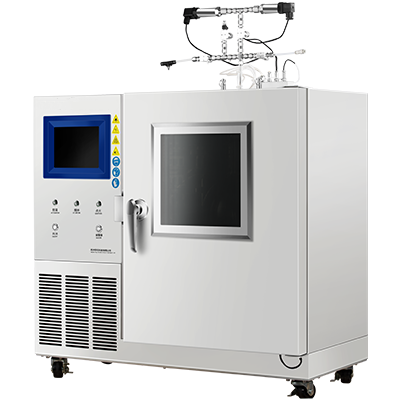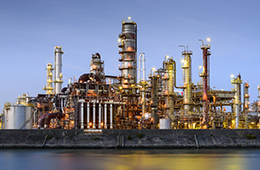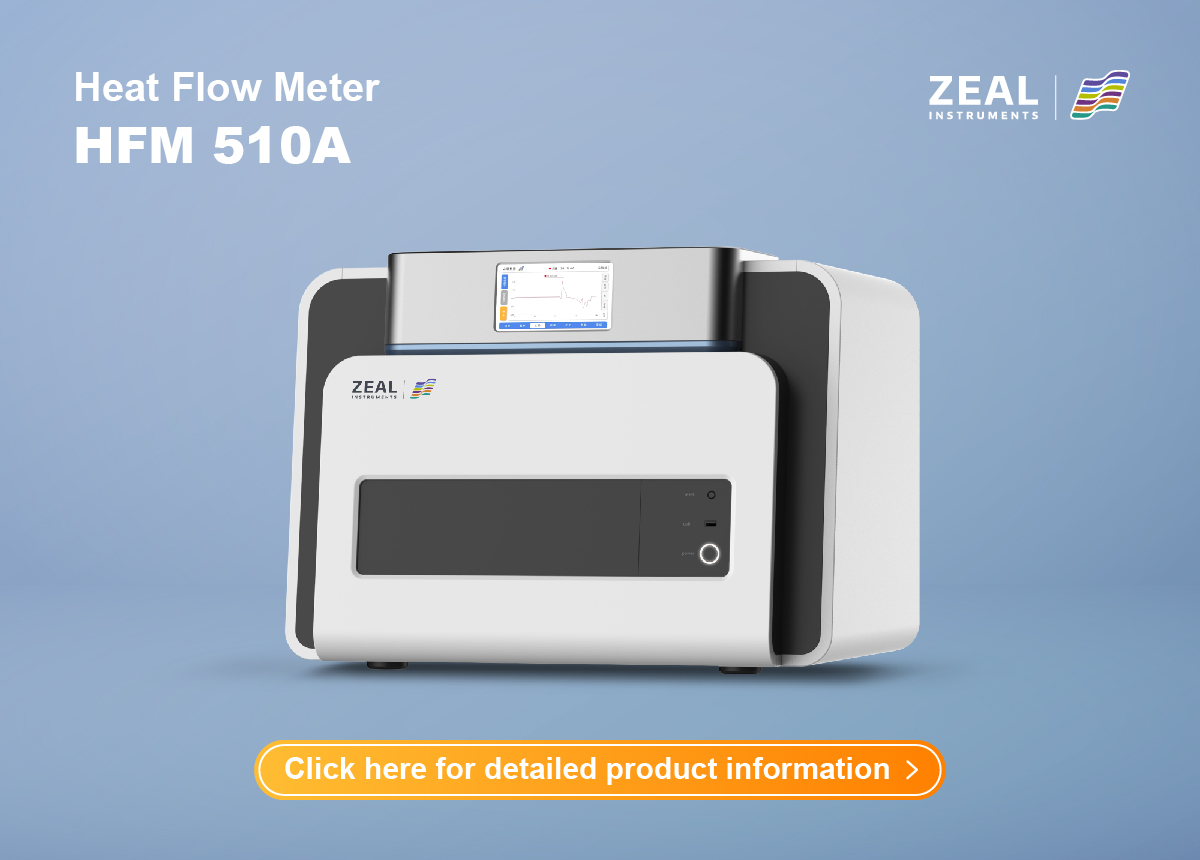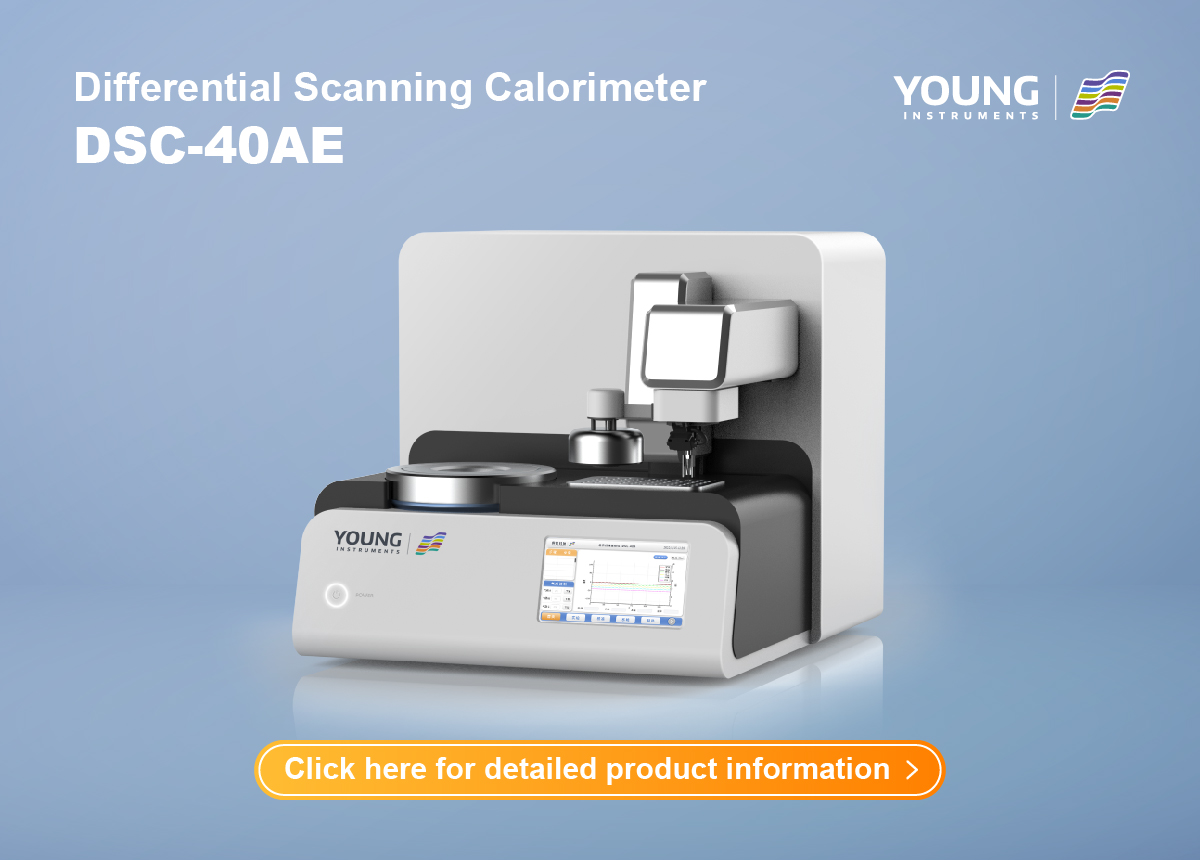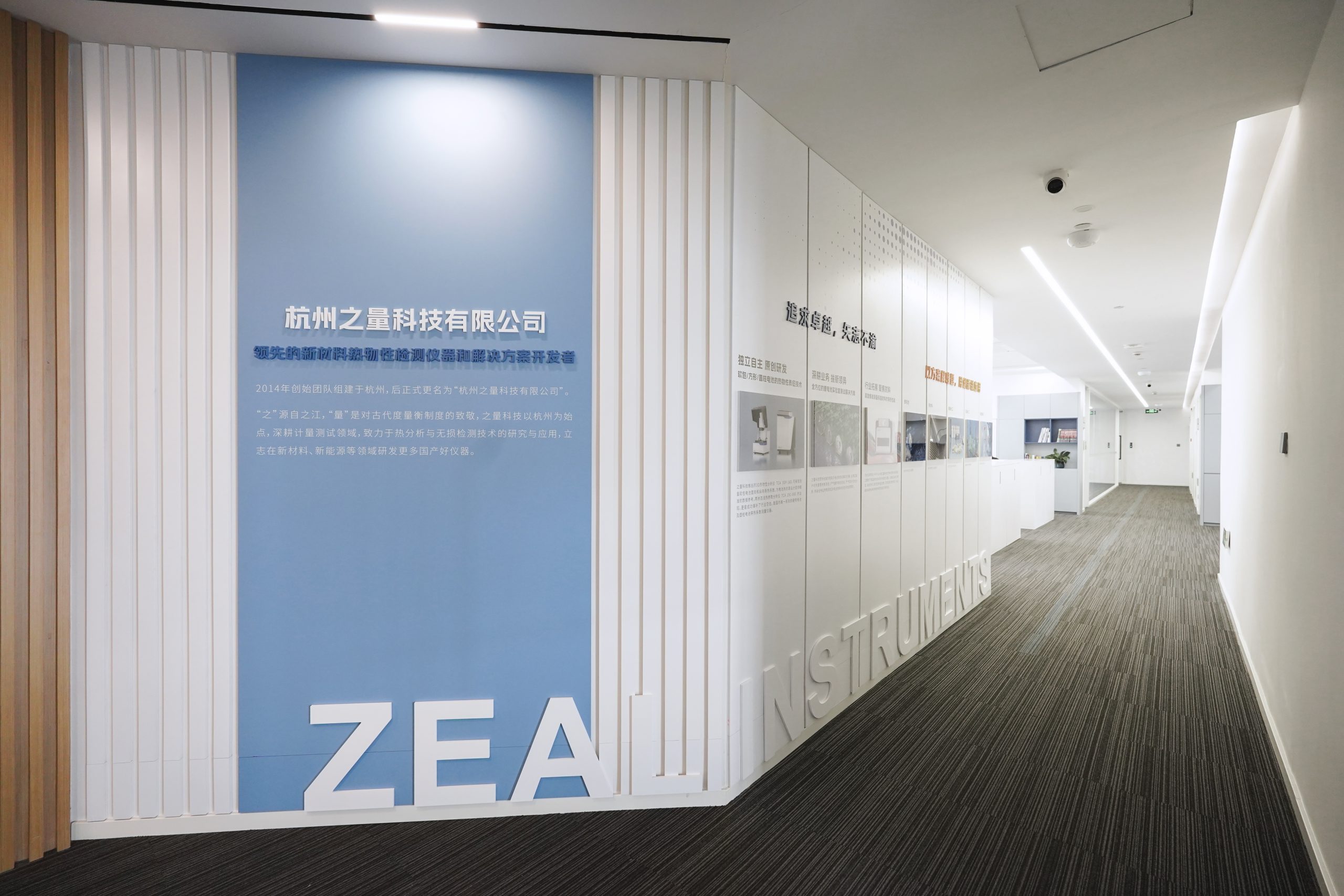Thermal Analyzer: Key Tools for Material Characterization
When was the last time you analyzed how materials react to temperature fluctuations in a controlled setting? From the structural integrity of building insulation to the thermal properties of advanced composites, every material responds uniquely to heat, affecting its performance and durability. Thermal analysis is a critical technique for investigating these behaviors, enabling precise measurements essential for verifying that materials adhere to stringent safety, performance, and efficiency standards.
This article explores the significance of thermal analyzers, outlines the types of tests they perform, and highlights two prominent products from Hangzhou Zeal Instruments Science & Technology Co., Ltd., a leading name in the development of cutting-edge thermal analysis equipment.
What is Thermal Analysis?
Thermal Analysis is a testing and analytical method used to determine changes in the state of a material by measuring variations in its physical properties caused by temperature changes. This involves evaluating the thermodynamic and physical property changes that occur as a result of temperature fluctuations and chemical reactions, allowing the identification of thermal transitions in material structures and the determination of chemical reaction constants. Different types of thermal analysis instruments have been developed based on the specific physical properties being measured.
Applications of Thermal Analysis
Thermal analysis is instrumental in studying the thermal behavior of diverse materials, including polymers, metals, ceramics, and composites. The technique provides critical data on various properties like thermal conductivity, specific heat, phase transitions (such as melting points and glass transition temperatures), and material stability. This information is invaluable when designing new insulation materials, investigating polymers used in consumer products, or assessing the performance of novel alloys, ultimately guiding material selection and quality control decisions.
In this article, we will focus on two key products specifically engineered to measure distinct thermal properties of materials, including thermal conductivity, phase transition temperatures, and curing behaviors. Let’s delve into the details of Heat Flow Meter and Differential Scanning Calorimeter.
Product 1: Thermal Conductivity and Thermal Resistance Testing
Key Features and Overview
The first product under discussion is designed to assess both the thermal conductivity and thermal resistance of materials. This thermal analyzer is ideally suited for evaluating materials such as thermal insulators, low-conductivity refractory materials, and porous foam substances.
A critical factor when assessing insulation materials is the measurement of thermal conductivity, often denoted by the λ (lambda) value. Thermal conductivity quantifies how efficiently heat travels through a material. A lower λ value indicates a better insulating material. This measurement is essential when evaluating the performance of materials used in everything from building construction to electronics.
In addition to thermal conductivity, the system also evaluates thermal resistance (R-value) and the heat transfer coefficient (U-value), both of which are vital for determining the efficiency of building materials and ensuring the correct selection of materials for various applications.
Technical Specifications
Operating Environment: The system is functional in environments ranging from -5°C to 45°C with a relative humidity of less than 95%, making it versatile for use in various laboratory settings.
Plate Temperature Range: It operates across a temperature range of -30°C to 90°C.
Cooling System: Temperature regulation is achieved through an external refrigeration system, ensuring precise control of temperature fluctuations.
Thermal Resistance Range: The thermal resistance range spans from 0.1 m²·K/W to 8 m²·K/W.
Thermal Conductivity Range: The system measures thermal conductivity between 0.001 W/(m·K) and 1 W/(m·K), with an option to scale up to 2 W/(m·K).
Accuracy and Repeatability: The accuracy of measurements is within ±1% to 2%, with repeatability at 0.5%.
Sample Size: The analyzer accommodates samples with dimensions of up to 300mm x 300mm x 100mm.
The exceptional precision and repeatability of the analyzer ensure that the results obtained are both reliable and consistent, providing critical insights into the thermal properties of various materials.
Product 2: Differential Scanning Calorimetry (DSC) for Phase Transitions and Cure Behavior
Key Features and Overview
The second product we will explore is a powerful Differential Scanning Calorimeter (DSC), designed to measure a range of phase transition temperatures and the curing behavior of materials. DSC is a technique that analyzes how materials respond to temperature variations, with particular focus on the heat flow during these transitions.
DSC is particularly effective in evaluating polymeric materials. It plays a crucial role in determining the glass transition temperature (Tg) of both amorphous and semi-crystalline polymers, a key factor influencing their mechanical properties. The glass transition temperature marks the point at which a polymer shifts from a rigid, brittle state to a more flexible, rubber-like state. This transition significantly impacts everything from the material’s performance in final products to its processing conditions.
Beyond Tg, the DSC also provides valuable data on other critical thermal behaviors such as melting temperature, crystallization patterns, and heat flow associated with curing reactions.
Technical Specifications
Operating Environment: The DSC operates in an environment with temperatures ranging from 5°C to 40°C and a relative humidity of less than 85%.
Temperature Control Range: It is capable of measuring temperatures from room temperature (RT) up to 600°C, accommodating a wide range of materials from polymers to metals.
Heating Scan Rate: The system supports scan rates from 0.1 K/min to 200 K/min, offering flexibility in testing materials at various heating rates.
Phase Transition Temperature Accuracy: The system provides an accuracy of ±0.1K, ensuring high precision for critical phase transition points.
Heat Flow Resolution: The heat flow display offers a resolution of 0.1μW, with a measurement range of ±750 mW, capable of detecting even subtle changes in material properties.
Gas Atmosphere Control: The DSC includes three gas channels for controlling the atmosphere, allowing users to test materials under varying conditions (such as air, nitrogen, or oxygen).
Dimensions: The system measures 505mm x 400mm x 355mm and weighs 35kg, offering a compact yet powerful solution for a broad range of thermal tests.
The DSC is an incredibly versatile tool for studying the thermal behavior of polymers, resins, and composite materials. It provides invaluable insights into a material’s thermal stability, crystallization behavior, and curing processes.
Why Opt for Thermal Analyzer from Hangzhou Zeal Instruments?
Unparalleled Precision and Dependability
Hangzhou Zeal Instruments is renowned for offering state-of-the-art thermal analysis equipment that guarantees highly accurate and reproducible results—key requirements for precise material testing and quality control. Whether you’re investigating the thermal conductivity of construction materials or analyzing the curing behavior of thermoset polymers, their analyzers provide the level of precision necessary for informed decision-making.
Adaptability Across Industries
The versatility of Hangzhou Zeal Instruments’ thermal analyzers makes them suitable for use across a wide array of industries, including automotive, electronics, construction, and consumer goods. The ability to accurately measure vital properties such as thermal conductivity, phase transitions, and heat flow is essential when developing materials with specific performance requirements for these sectors.
Advanced Features for Optimal Testing
Both thermal analyzer features advanced functionalities, such as precise temperature control, high sensitivity, and multiple gas atmosphere options, which enhance the flexibility and accuracy of testing. These sophisticated features ensure that the analyzers are capable of handling a diverse range of materials, from insulating substances and composites to metals and polymers.
Conclusion
Thermal analysis is an indispensable technique for material scientists, engineers, and manufacturers aiming to understand how materials respond to varying thermal conditions. Whether analyzing polymers, ceramics, metals, or construction materials, thermal analyzers provide critical data on properties such as thermal conductivity, phase transitions, decomposition, and curing behavior. The advanced thermal analysis instruments from Hangzhou Zeal Instruments Science & Technology Co., Ltd. deliver the precision, reliability, and versatility required across diverse industries.
In addition to thermal analyzers, Zeal Instruments also offers a range of specialized equipment, including battery adiabatic calorimeters, to meet the growing demand for comprehensive thermal testing solutions. By integrating these state-of-the-art instruments into your testing and material development workflows, you can ensure that your materials consistently meet stringent performance and safety standards, securing success in today’s competitive and innovation-driven marketplace.








